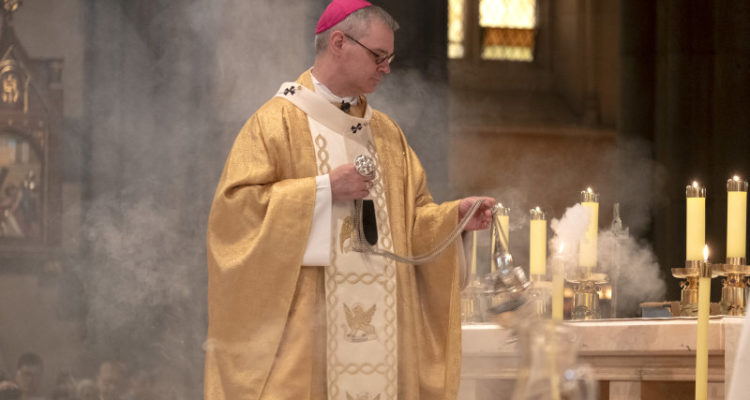The moment the Religious Discrimination Bill died there was no public outpouring of grief. This is not surprising. If you understood this proposed law only from the debate surrounding it rather than what was written in the legislation, you could be forgiven for thinking its main purpose was to allow religious schools to expel students because of their sexuality or gender.
Expelling kids for being gay, transgender or non-binary is something no one of good conscience wants to see, least of all people who run religious schools. It is antithetical to the notion that all children are created in the image and likeness of God. This was not the intention of the bill, nor what it would have done.
There was something else though, something important and fundamental, that we might have gained had the government found a way to deliver the law it promised four years ago. Melbourne’s Catholic Archbishop Peter Comensoli describes it in these terms: “A positive message that being a believer, holding to that belief and living by that belief is a valuable thing in our society.”
That this opportunity went begging, at a time when faith communities are feeling set upon by an increasingly secularist society, was “a little bit tragic”, the archbishop tells The Age and Sydney Morning Herald.
Peter Wells has worked in Christian education for a quarter of a century. For the past six years he has served as principal of the Chairo Christian School in Pakenham. Spread across five campuses in Melbourne’s south-east and Gippsland, the school is based on what it describes as an “uncompromising biblical foundation”. As Wells explains, religion is not a peripheral matter limited to a Monday morning chaplain service but central to the life and community of the school.
Read the article by Chip Le Grand in WAToday.
.

